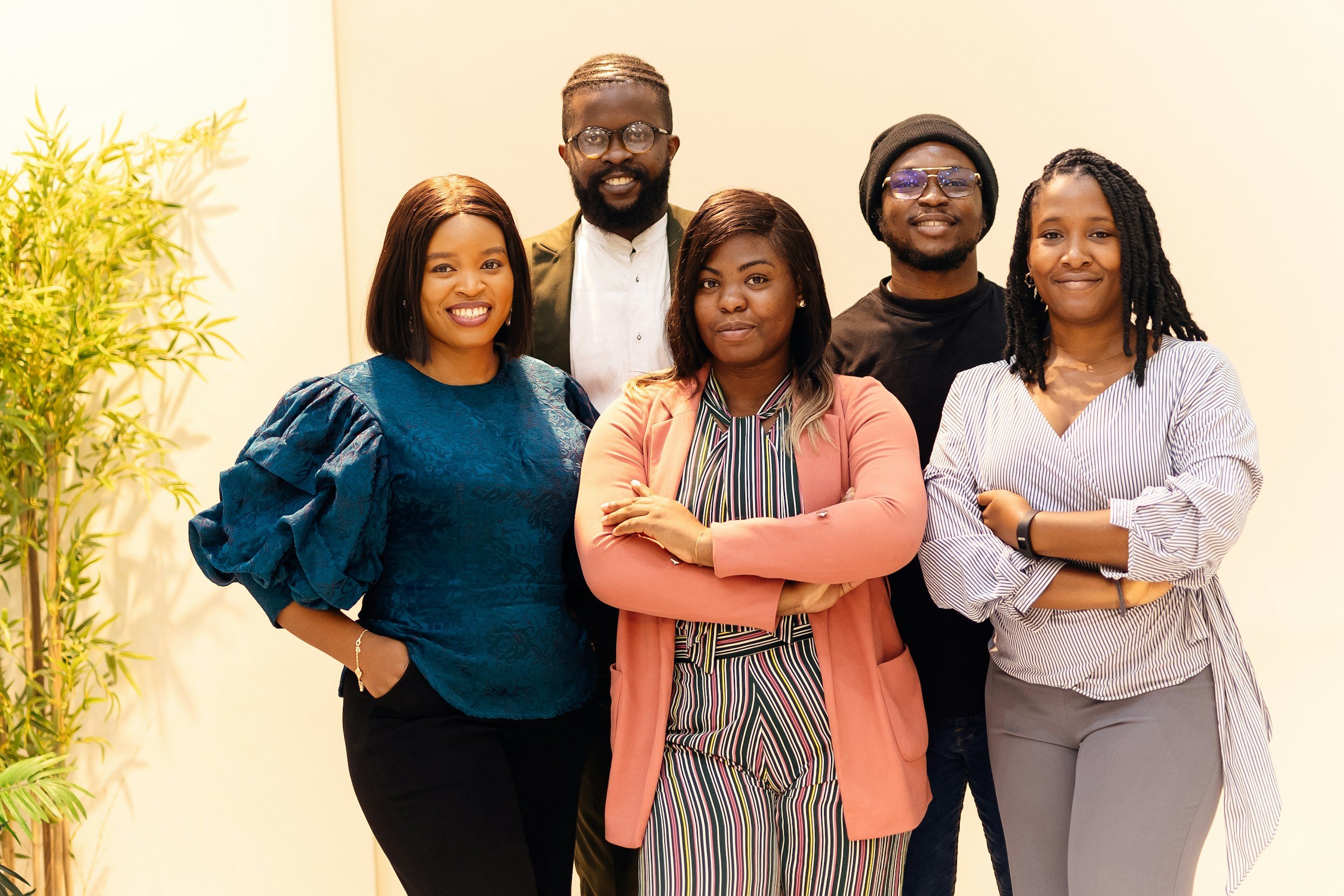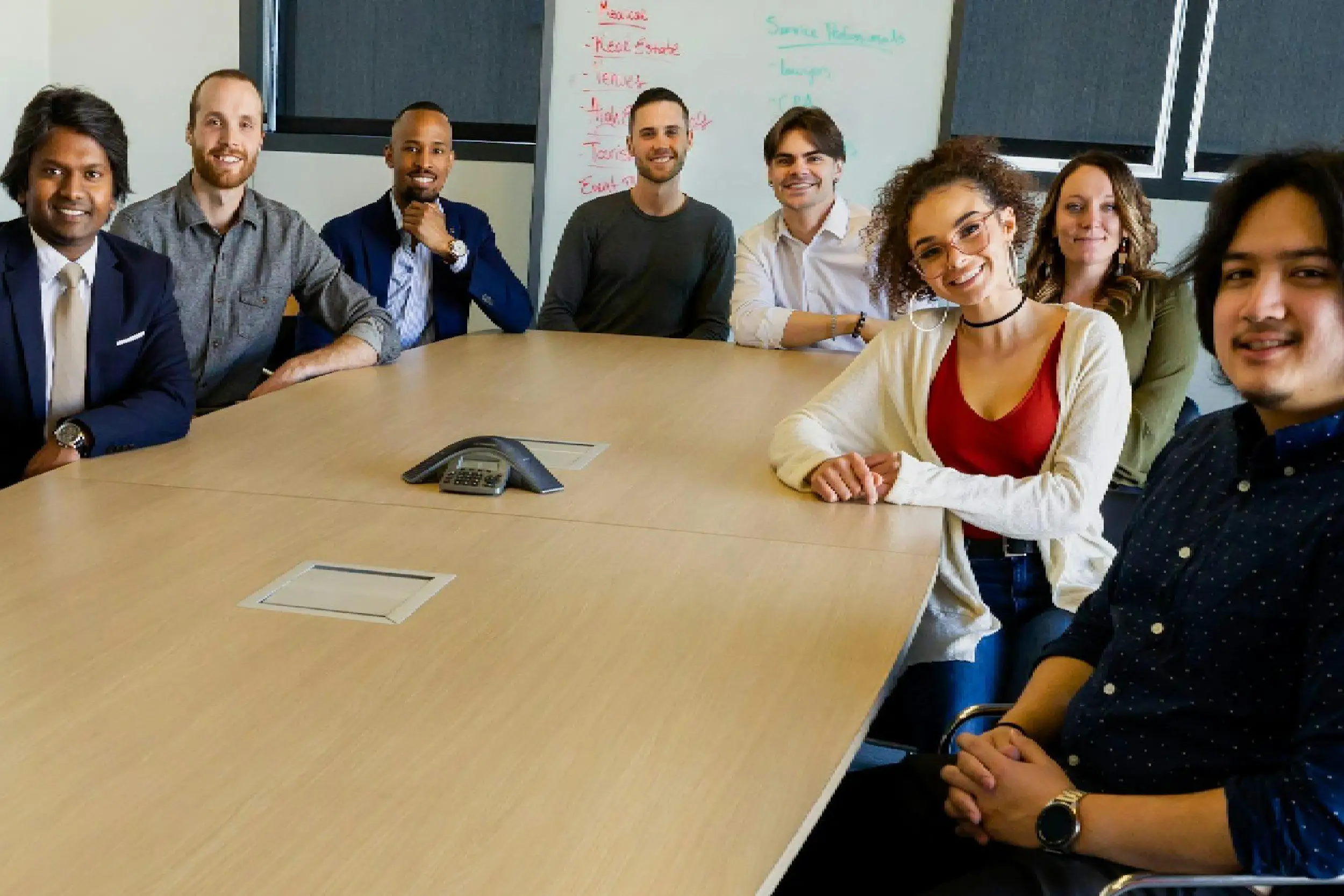Written By Tracey Pennywell I CEO – HBCU Heroes I DEI Strategist I Career Coach I Author
Let’s get one thing straight: being “the only one” in the room isn’t a liability. It’s your leverage.
If you’ve ever walked into a boardroom, a college classroom, or a corporate Zoom call and felt like you didn’t quite fit the mold— good. You weren’t meant to.

The world doesn’t move forward because of people who blend in. It shifts, evolves, and grows because of those who dare to show up differently.
Your uniqueness is not a flaw to fix. It’s a superpower to master.
Whether you’re a first-generation college student, the only woman in your tech class, the only person of color on your team, or someone who’s always been told you’re “too much” of something— too bold, too quiet, too ambitious, too outspoken, this blog is for you.
This is your blueprint for turning difference into dominance.
The Superpower Effect: Why Standing Out is Strategic
According to a 2018 McKinsey & Company report, companies with the highest levels of ethnic diversity within their executive teams are 33% more likely to achieve superior profitability, significantly outperforming their peers in the bottom quartile.
Translation? Diversity isn’t just a buzzword— it’s a bottom-line advantage.
But here’s the truth they don’t always tell you: when you’re the first, the only, or the different one, it can feel lonely.
That isolation? That awkward silence after you speak up?
That isn’t weakness.
That’s visibility. That’s impact.
In a world that often teaches us to “fit in”, true power comes from those who lean into what sets them apart.
Take Tyler Perry. Hollywood never made space for his stories, so he built a studio in Atlanta larger than Disney, Warner Bros., and Paramount combined.
His superpower? Creating content rooted in the Black experience— something the industry overlooked.
Now, he’s a billionaire because he stayed true to what made him different.
Or Issa Rae, who created “Awkward Black Girl” on YouTube when no one in Hollywood would greenlight her vision.
That “awkwardness” became her superpower.
Today, she’s one of the most influential voices in entertainment.
Even Steve Jobs— adopted, college dropout, calligraphy enthusiast— took his love for design and turned Apple into one of the most valuable tech companies in the world.
His superpower? Thinking differently.
Different isn’t a disadvantage. It’s the birthplace of innovation.
You Don’t Have to “Code-Switch” Your Genius
Let’s get honest. For Black, Brown, first-gen, and underrepresented students, the pressure to “code-switch” is real.

You start to question your natural way of speaking, dressing, or thinking in order to feel accepted in professional spaces.
But studies show that authenticity is a leadership trait, not a liability.
Harvard Business Review found that leaders who demonstrate authenticity inspire trust, boost team performance, and increase employee engagement.
And Gen Z, the generation entering the workforce now, places authenticity and purpose over perks and pay.
If you’re not bringing your full self to the table, you’re not bringing your best self.
Your background, your upbringing, your cultural capital— it all counts.
You grew up solving problems, navigating systems, and showing resilience that can’t be taught in a classroom. That’s emotional intelligence. That’s leadership in disguise.
So, stop trying to water down your excellence. Start amplifying it.
When You’re the “Only”, You Set the Tone
Being the only one isn’t just about survival— it’s about strategy.
You now have the opportunity to shift the atmosphere, influence culture, and leave the door open for those coming behind you.
Case in point: Rosalind Brewer, former CEO of Walgreens Boots Alliance and one of only two Black women to ever lead a Fortune 500 company, was once the only Black woman in the C-suite at Sam’s Club. Instead of shrinking, she led boldly— championing diversity, equity, and inclusion (DEI), increasing supplier diversity, and mentoring other women and people of color.
Or Naomi Osaka, who used her platform as a tennis star to advocate for mental health and racial justice. She didn’t wait for permission. She redefined what strength looks like, and she did it her way.
Being the only one doesn’t mean you don’t belong. It means you’re paving the path.
Own the Room: Turning Difference Into Power
If you’re wondering how to actually turn your uniqueness into a professional asset, here’s the game plan:
1) Audit Your Advantage
What are you bringing to the table that others aren’t?
Maybe it’s your lived experience, your bilingual skills, your non-traditional major, your side hustle, or your community organizing background.
These aren’t extras. They’re differentiators.
Write down five things that make your perspective valuable and practice saying them with confidence in interviews, networking, and resumes.
2) Tell Your Story Loud
Storytelling is a power tool.

Learn how to share your “why” in a way that connects.
Use the STAR (Situation, Task, Action, Result) method to practice telling your story during interviews and career conversations. This makes you memorable— and marketable.
3) Find Your Tribe, But Don’t Hide
Yes, community is crucial. But don’t use it as a crutch.
Surround yourself with mentors and peers who celebrate— not tolerate— your uniqueness.
But also push yourself to enter rooms that stretch you. Comfort doesn’t equal growth.
4) Master the Room, Then Build Your Own
If you don’t see a space where you belong— create it.
Start the organization. Pitch the panel. Launch the project.
Remember: every thriving movement started with someone who dared to start small and think big.
5) Invest in What Makes You Better
Upskilling is real power.
Whether it’s earning a certification in AI, improving your financial literacy, or strengthening your public speaking— bet on yourself.
The World Economic Forum (WEF) found that nearly 60% of the world’s workforce would require training by 2030, emphasizing the importance of upskilling.
Those who embrace lifelong learning will lead.
Your uniqueness, combined with new skills, will make you unstoppable.
This is Legacy Work
Let’s be clear. You’re not just building a career. You’re building a legacy.
When you learn how to navigate spaces that weren’t built for you— and succeed anyway, you don’t just open doors. You knock down walls.
To every student and every young professional reading this: your future self is counting on you to stop playing small. To start showing up like you know you belong. To recognize that what made you different growing up might just be what makes you powerful as a professional.
So, the next time you walk into a room and you feel like the only one, remember this:
You’re not the outsider. You’re the outlier. And outliers lead revolutions.

The question isn’t, “Do I belong here?”
The real question is, “How am I about to change this room just by being in it?”
Final Word: Want to Own the Room With Confidence?
Let’s turn your uniqueness into your competitive edge.
Whether you’re preparing for interviews, navigating a new job, or trying to figure out your next move— I’ve got you.
Sign up for our webinars at HBCU Heroes or book a one-on-one coaching session with me at traceypennywell@hbcuheroes.org and let’s build your blueprint for success.
You’ve got the power. Let’s help the world see it.









